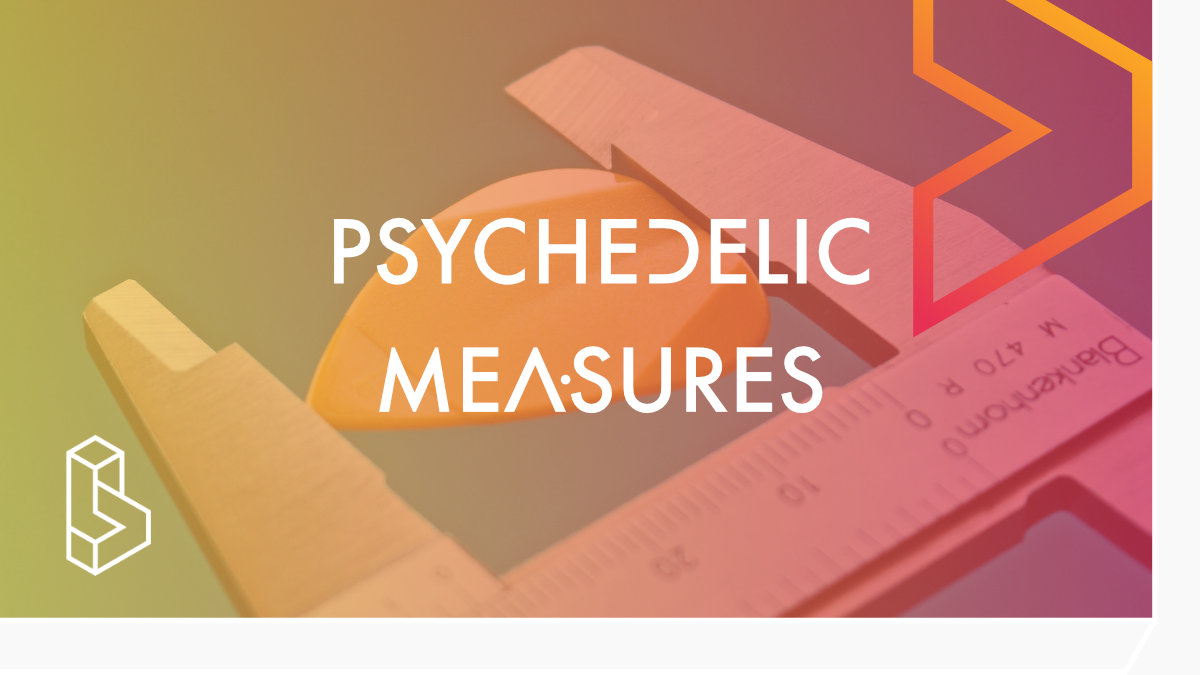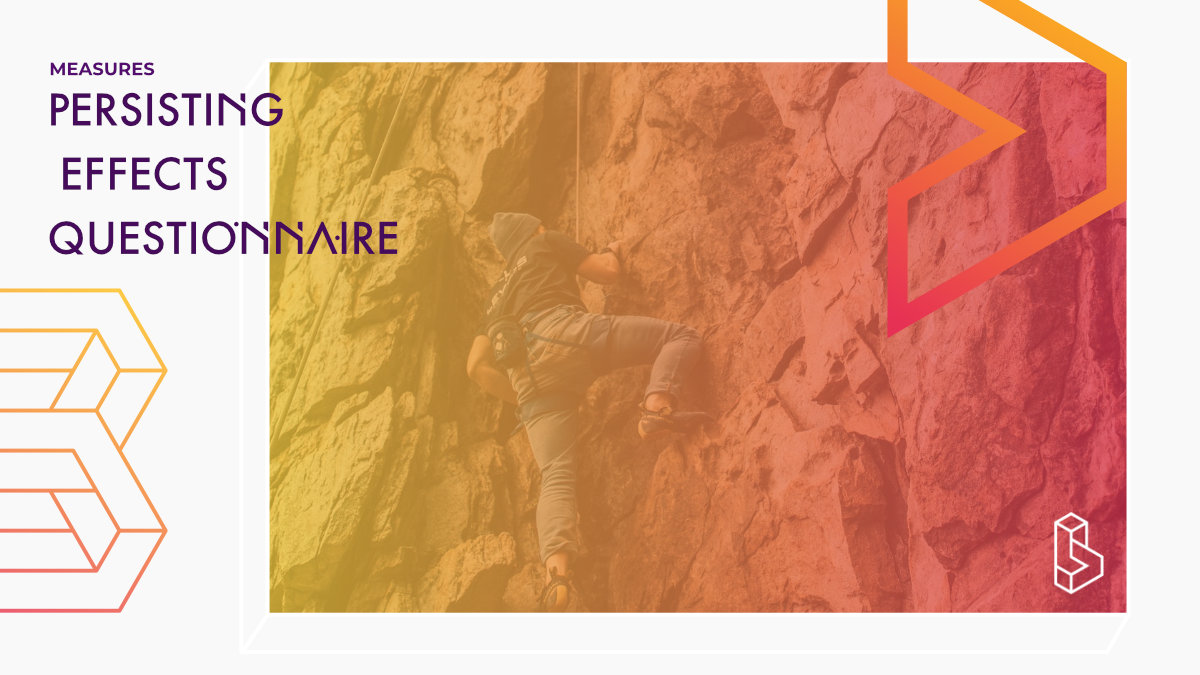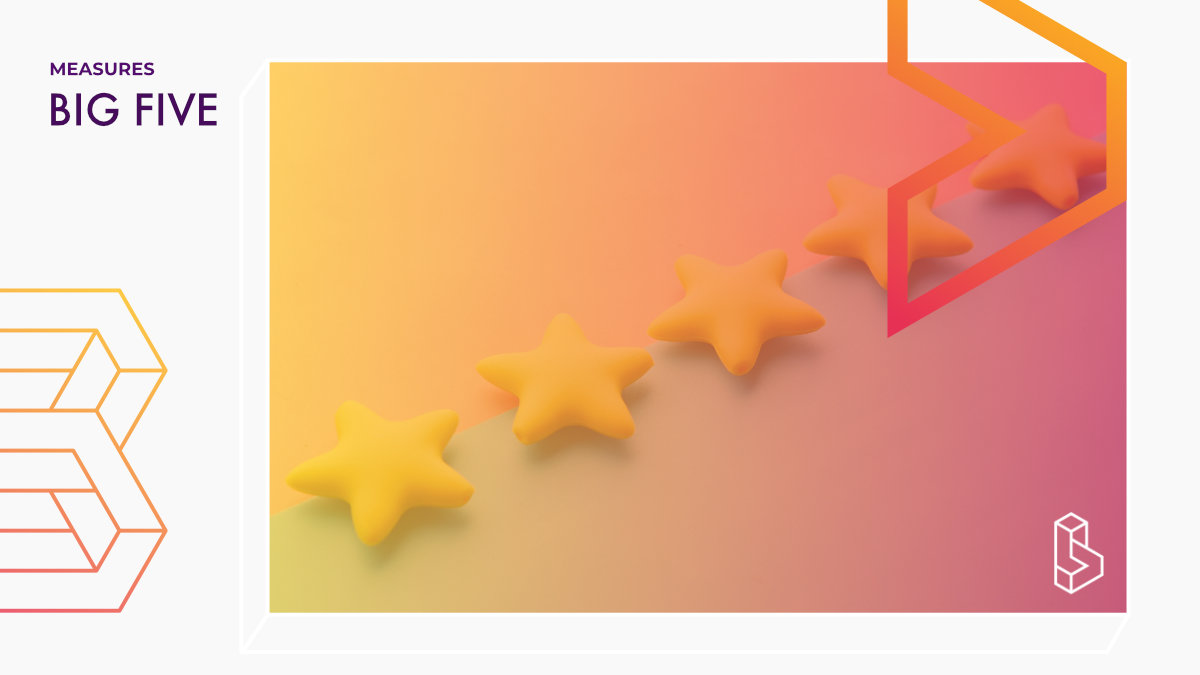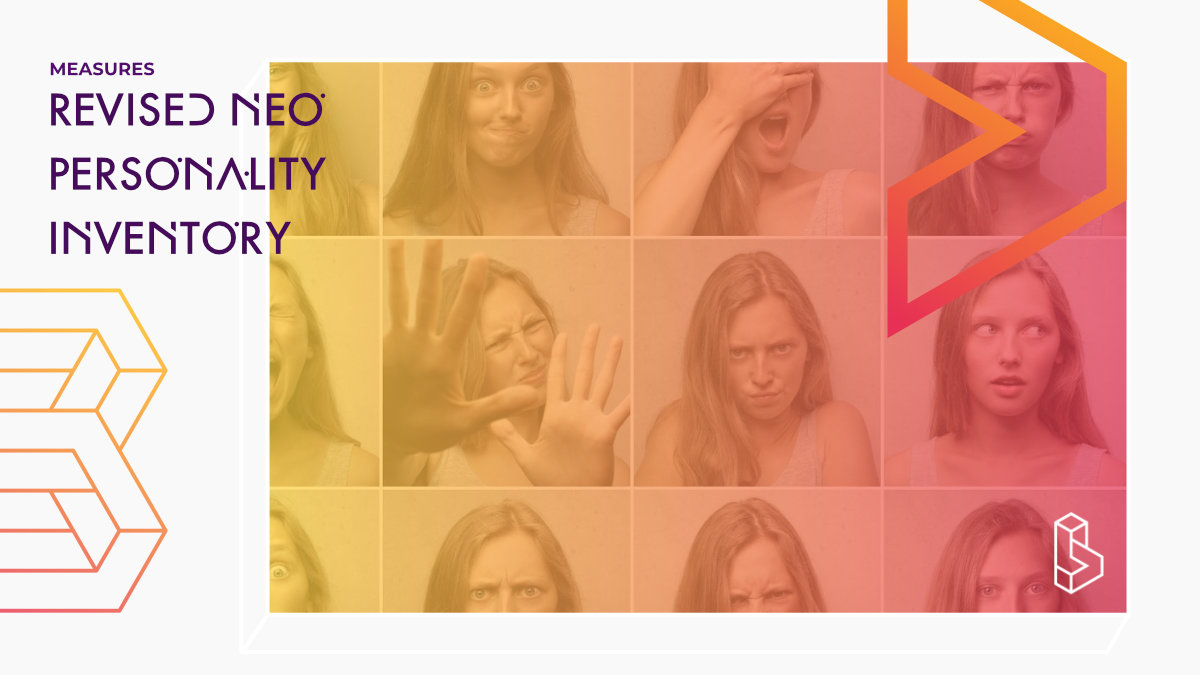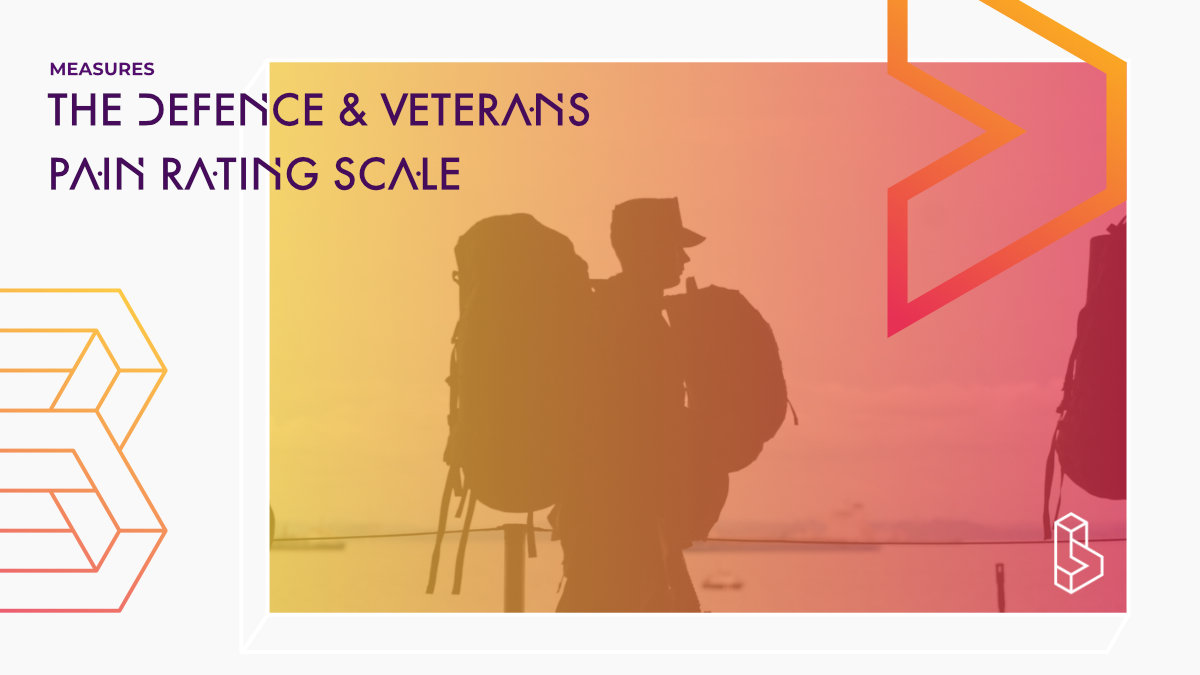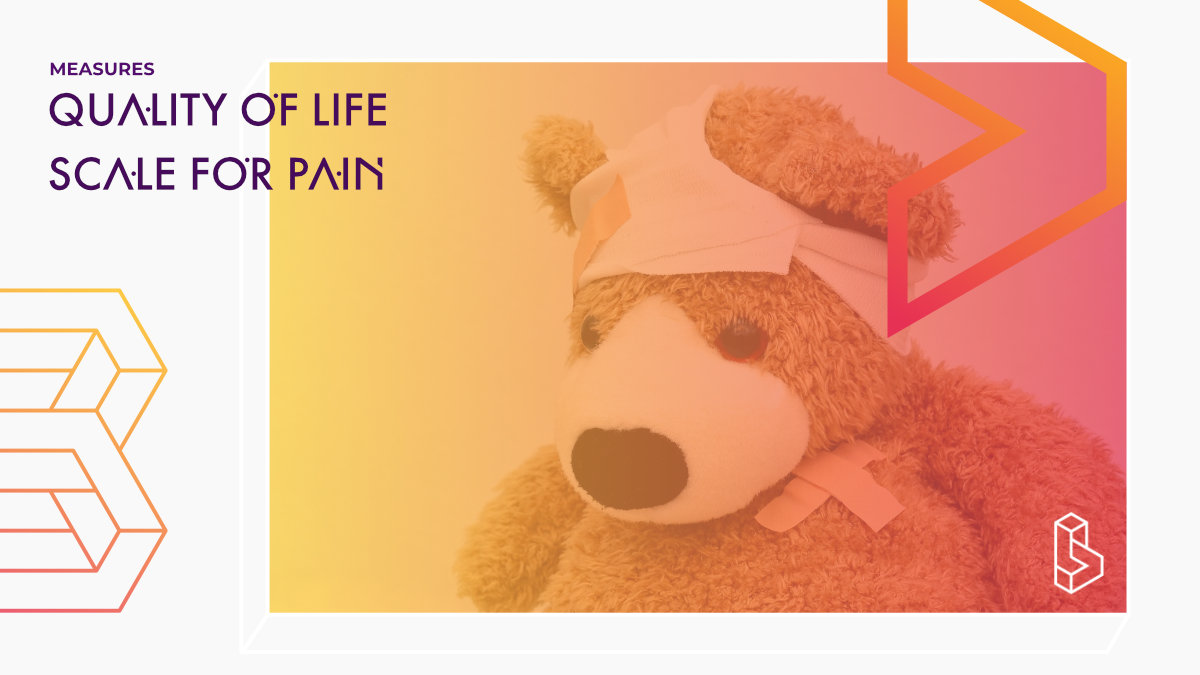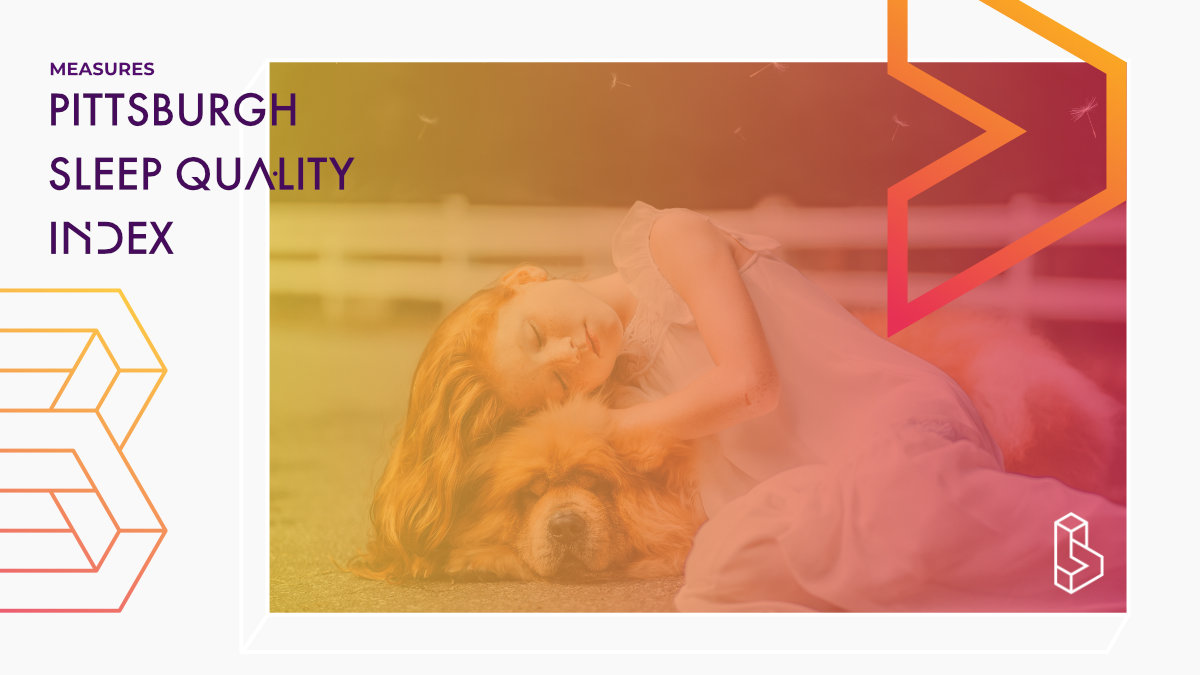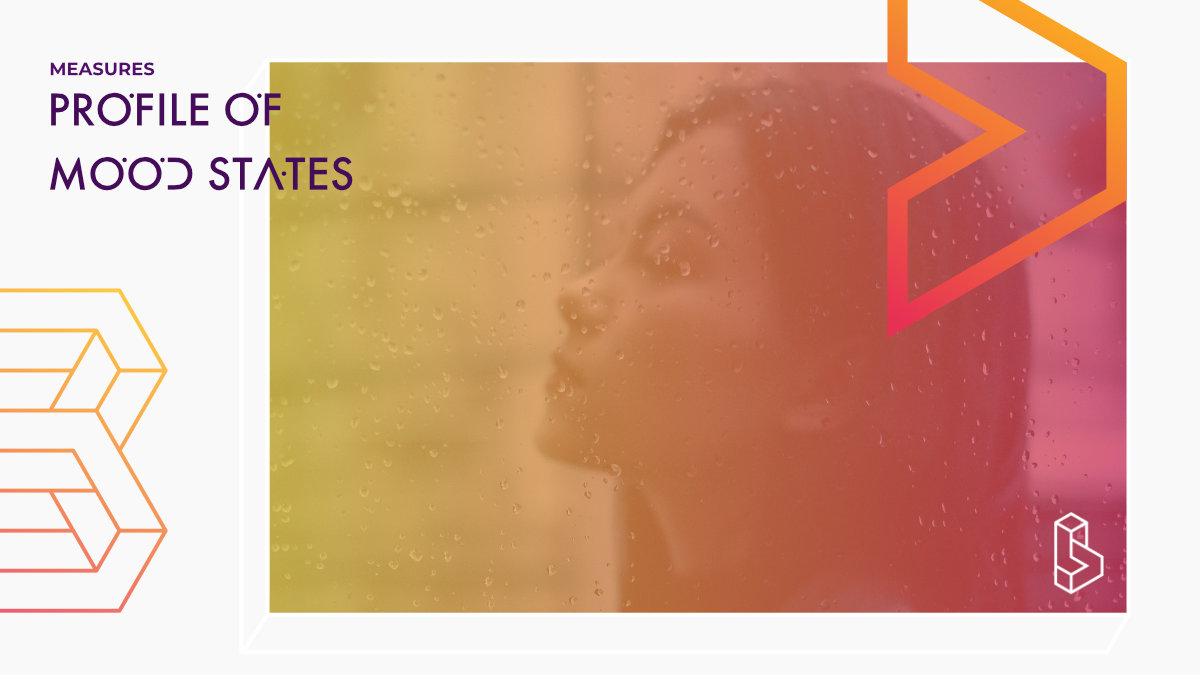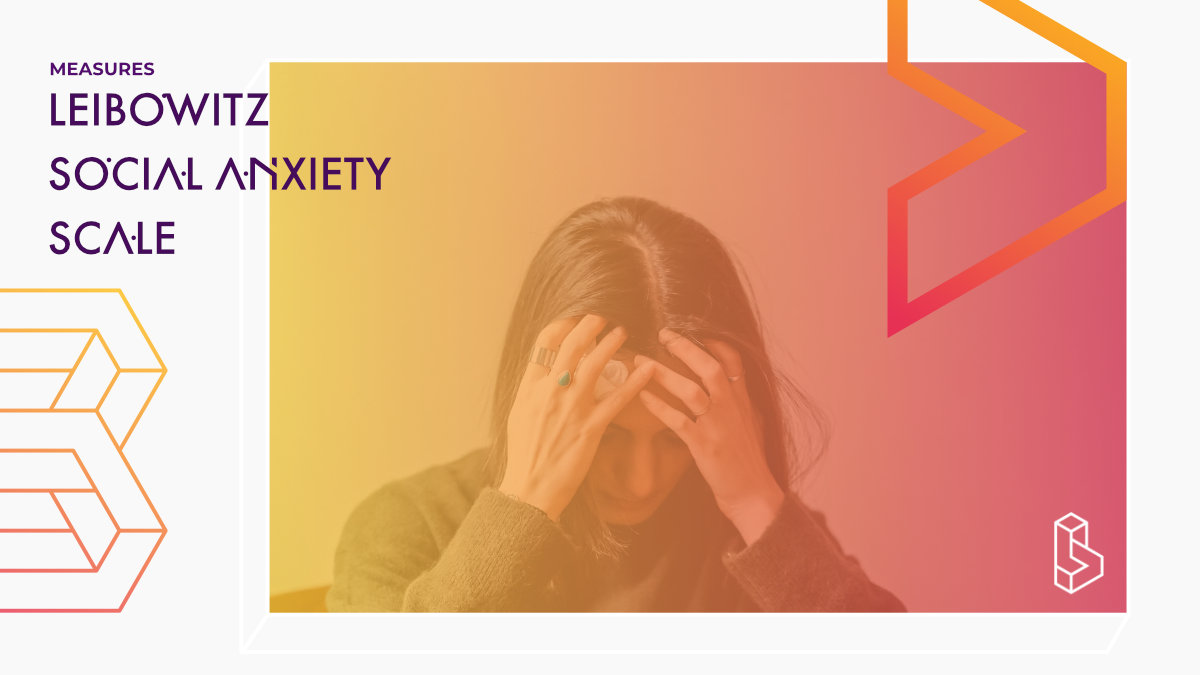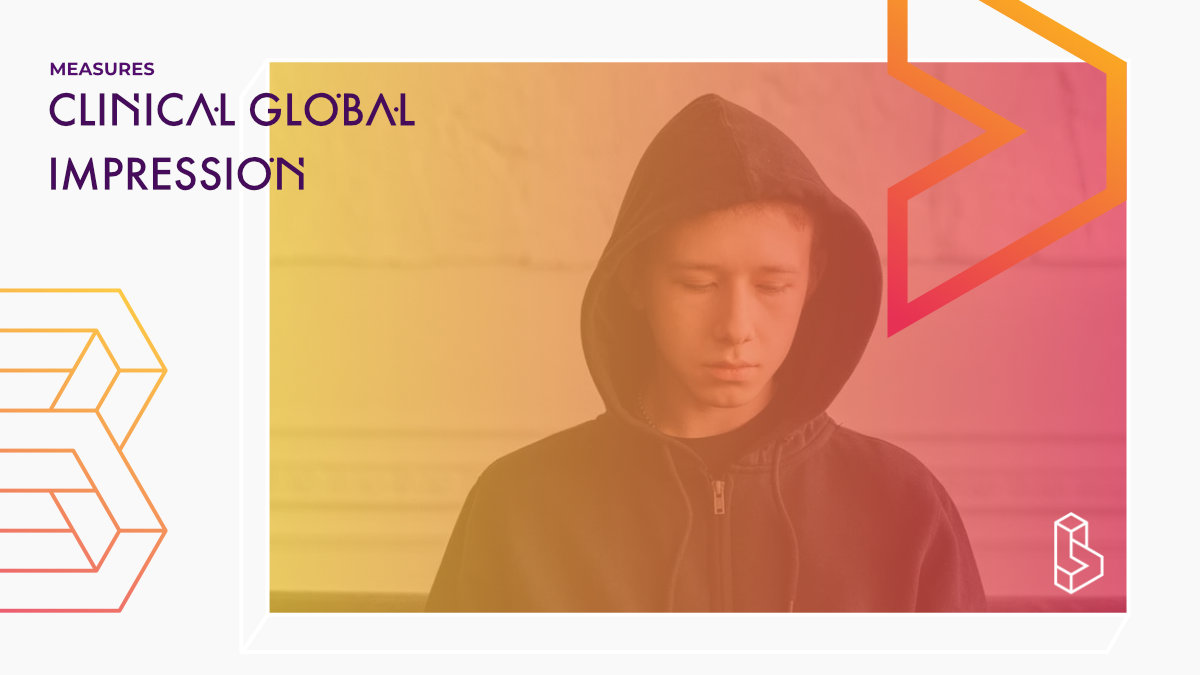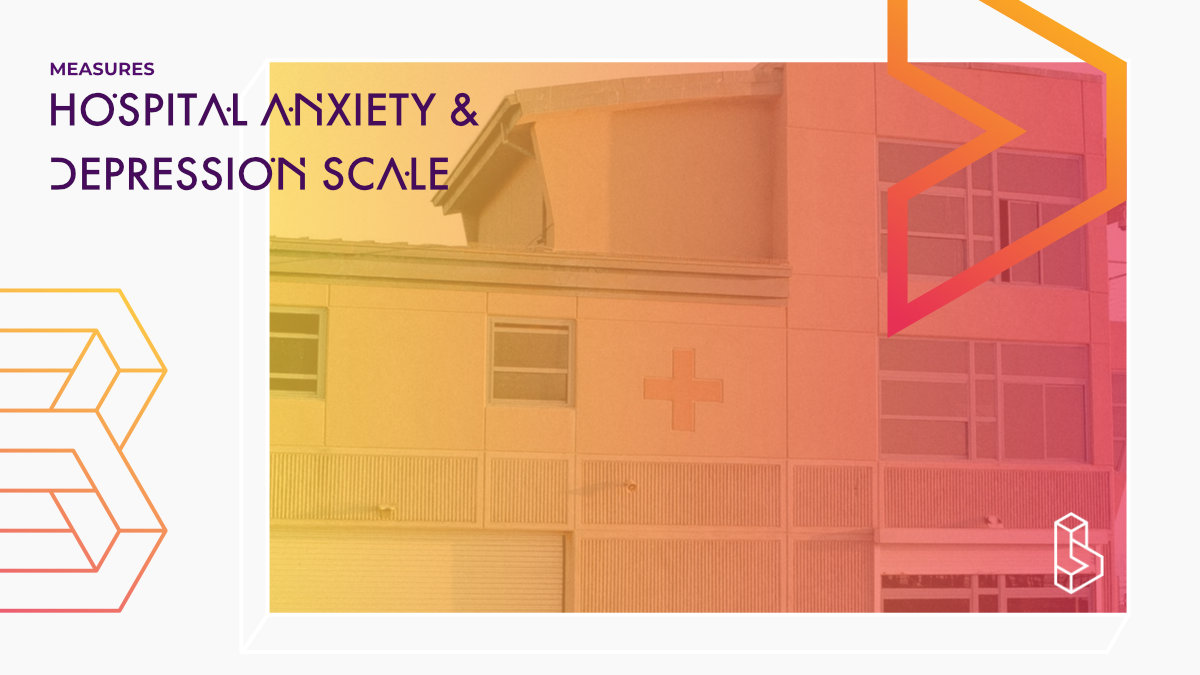Blossom helps you find the background to the psychedelic measures used in research. Understand what MEQ & PIQ stand for, how they relate to therapeutic outcomes and what changes happen when people use psychedelics as medicine.
The Persisting Effects Questionnaire (PEQ) is a 143-item self-report measure that assesses changes in peoples attitudes, moods, behaviour and spiritual experience at least one month following a psychedelic experience.
Big Five personality traits is a suggested grouping for personality traits | The theory behind the traits is one of many trait theories of personality
The Revised NEO Personality Inventory (NEO-PI-R) s a personality inventory that examines a person's Big Five personality traits
The Defence and Veterans Pain Rating Scale (DVPRS) was developed to specifically measure pain in veterans. The scale utilizes a numerical rating scale enhanced by functional word descriptors, colour coding, and pictorial facial expressions matched to pain levels.
The Quality Of Life Scale (QOLS) for pain was developed by the American Chronic Pain Association. The QOLS looks at how pain affects a person ability to function normally as opposed to focusing on pain alone. The scale has 10 items with 0 indicating the highest level of pain. The scale is a self-report measure.
The Pittsburgh Sleep Quality Index (PSQI) is a self-report questionnaire that assesses sleep quality. The measure consists of 19 individual items, creating 7 components that produce one global score. The scale assesses subjective sleep quality, sleep latency, sleep duration, habitual sleep efficiency, sleep disturbances, use of sleeping medication, and daytime dysfunction. Each item is scored from 0 to 3 with the overall score ranging from 0-21.
The Profile of Mood States (POMS) is a scale used to assess transient, distinct mood states. The questionnaire contains 65 words/statements that describe the feelings people have. It measures six different dimensions of mood swings over a period of time including tension or anxiety, anger or hostility, vigour or activity, fatigue or inertia, depression or dejection, confusion or bewilderment. Each item is marked on a five-point scale from "not at all" to "extremely."
The Leibowitz Social Anxiety Scale (LSAS) is a 24-item, self-rated scale used to assess how social anxiety plays a role in your life across a variety of situations. The LSAS assesses both social anxiety in situations as well as avoidance of those situations. Each item is rated from 0-3 (3 indicating severe) and the overall score is a sum of each of the item ratings, with higher scores indicating greater social anxiety.
The Clinical Global Impression - Improvement Scale (CGI-I) is a standardized assessment scale for determining the effects of mental health treatment among psychiatric patients.
The Hospital Anxiety and Depression Scale (HADS) is a frequently used self-rating scale developed to assess psychological distress in non-psychiatric patients.
Psychedelic Measures
Explore the measures that are being used in psychedelic research. Locate where each measure has been deployed and what scores have been reported by different groups of participants. From mystical experiences (MEQ) to psychological insights (PIQ). These are all the measures that help psychedelic researchers find answers.
